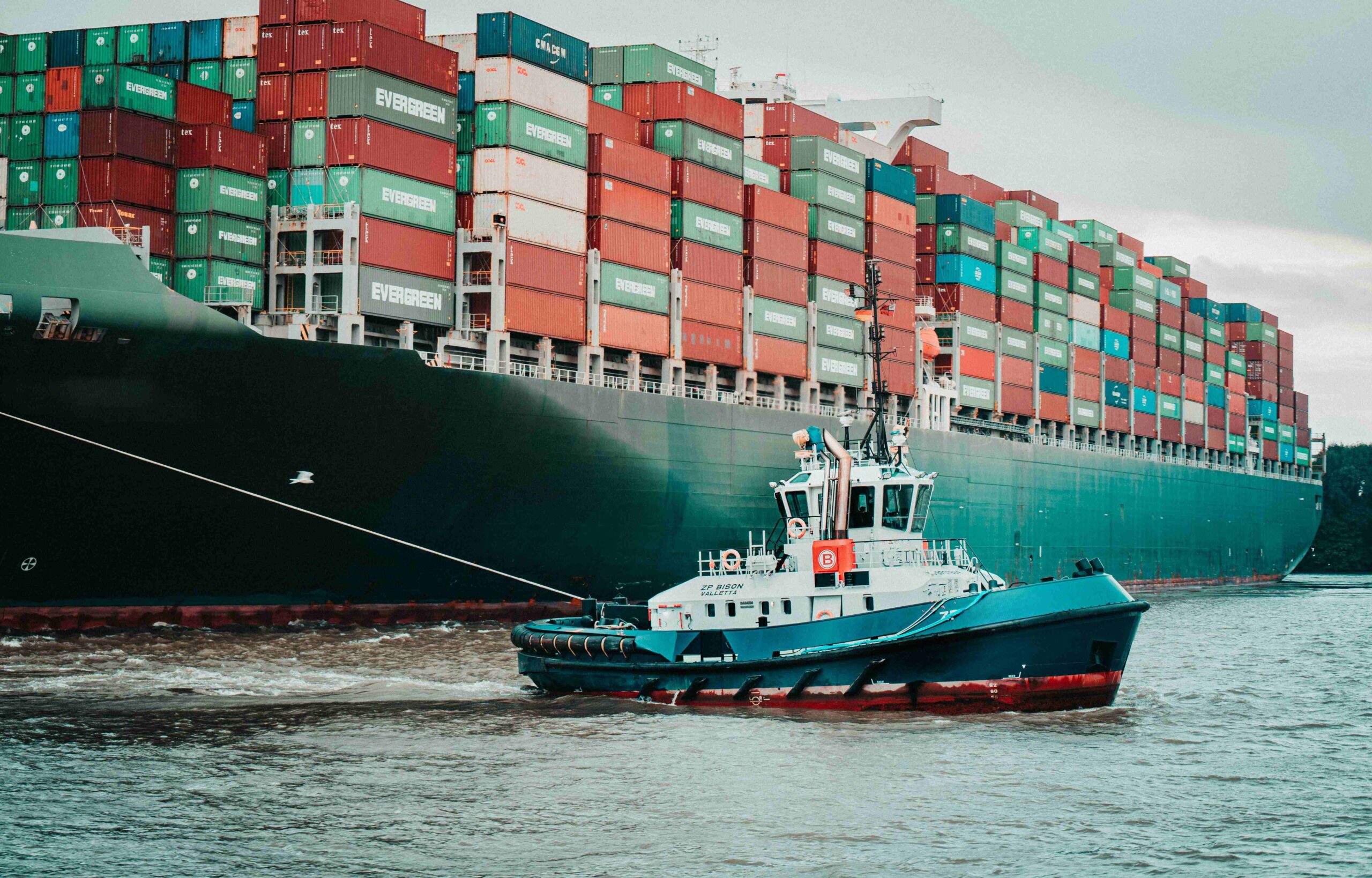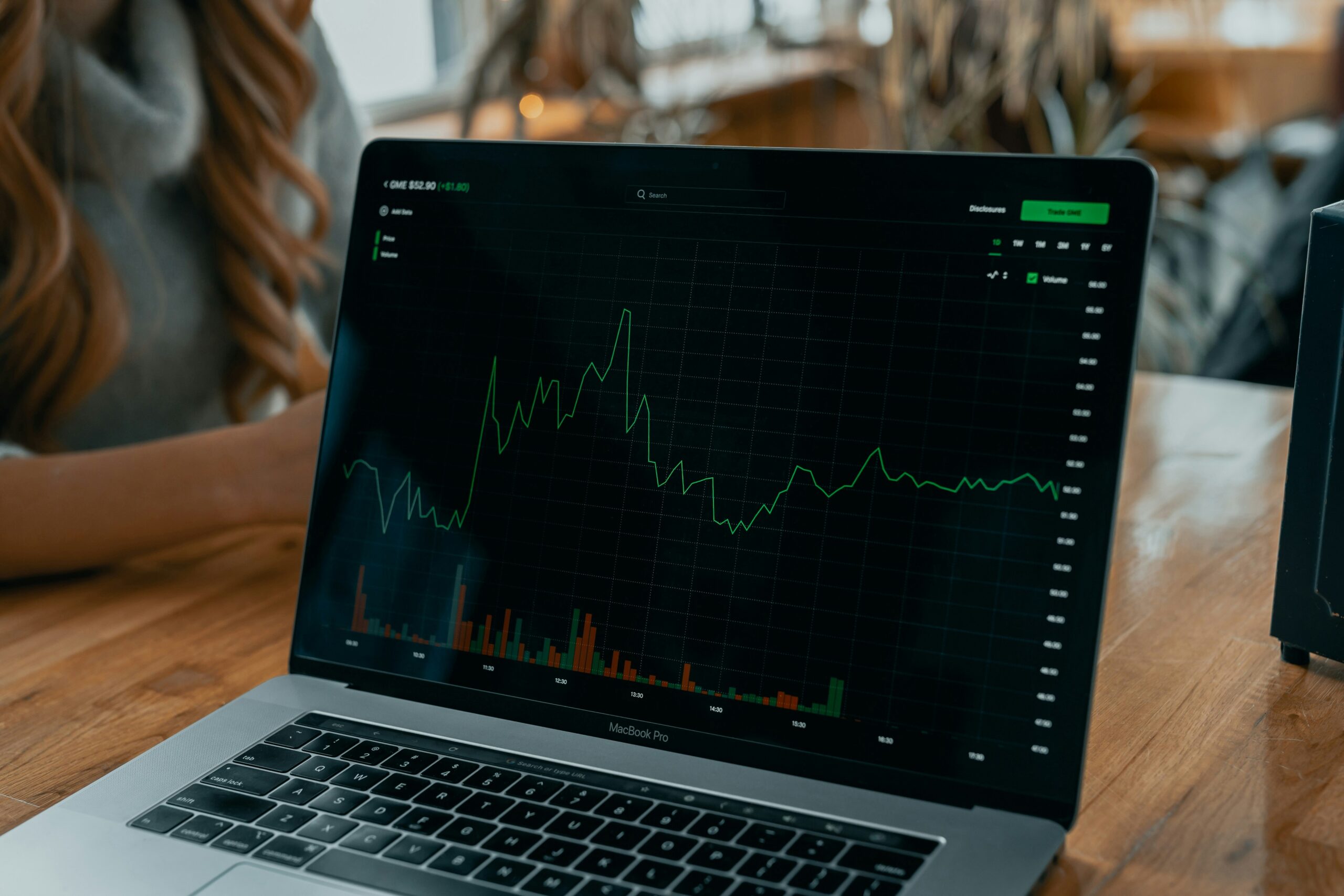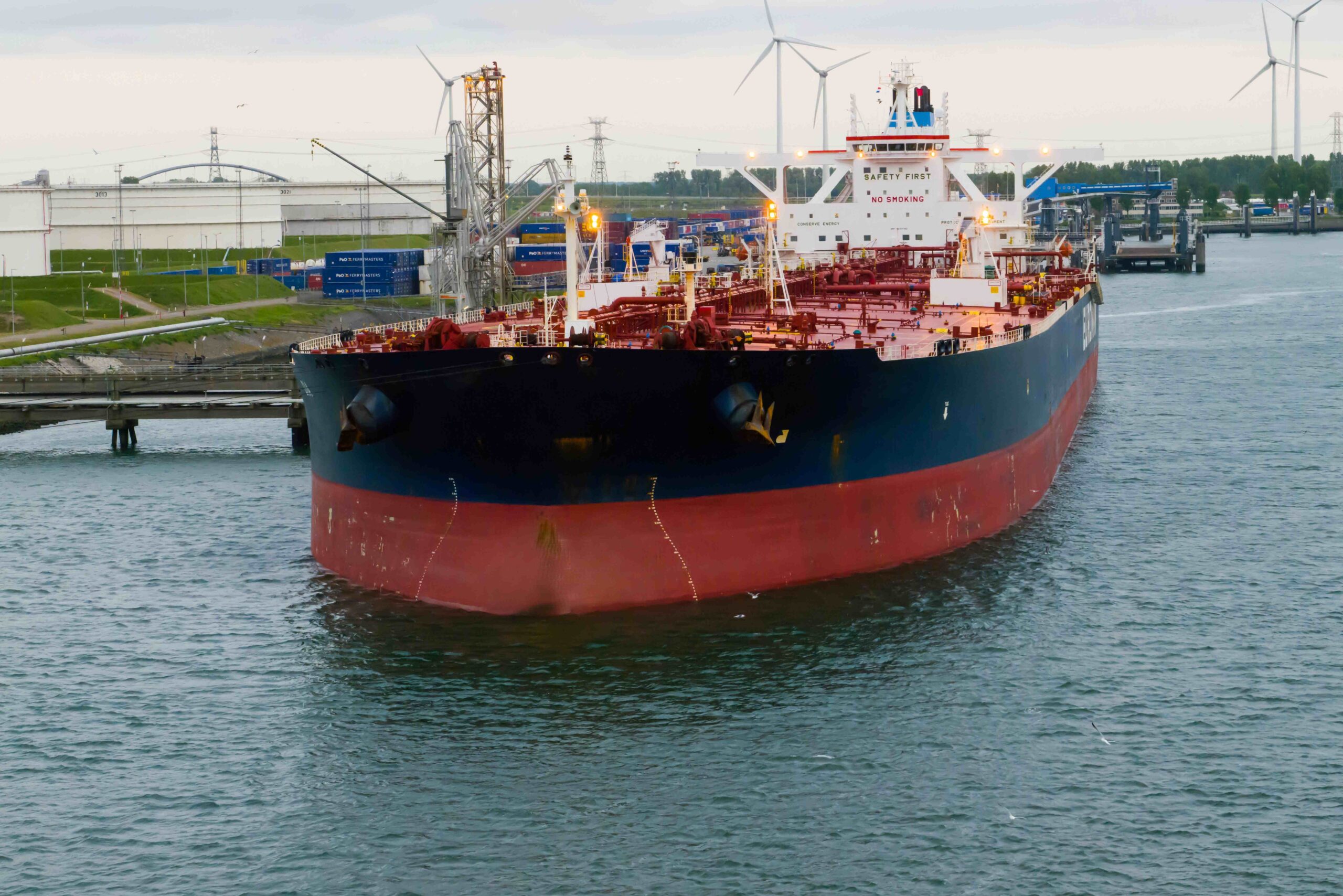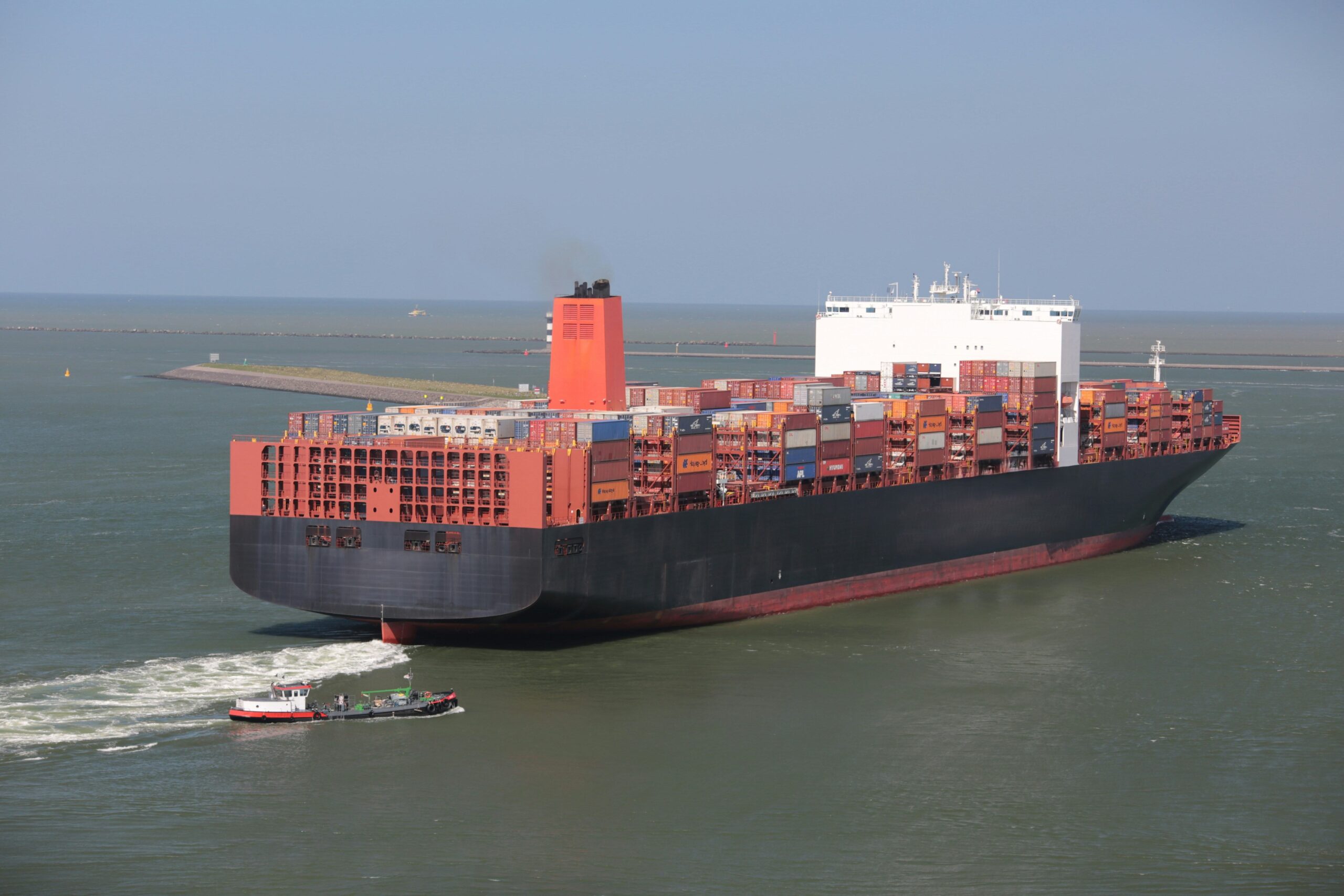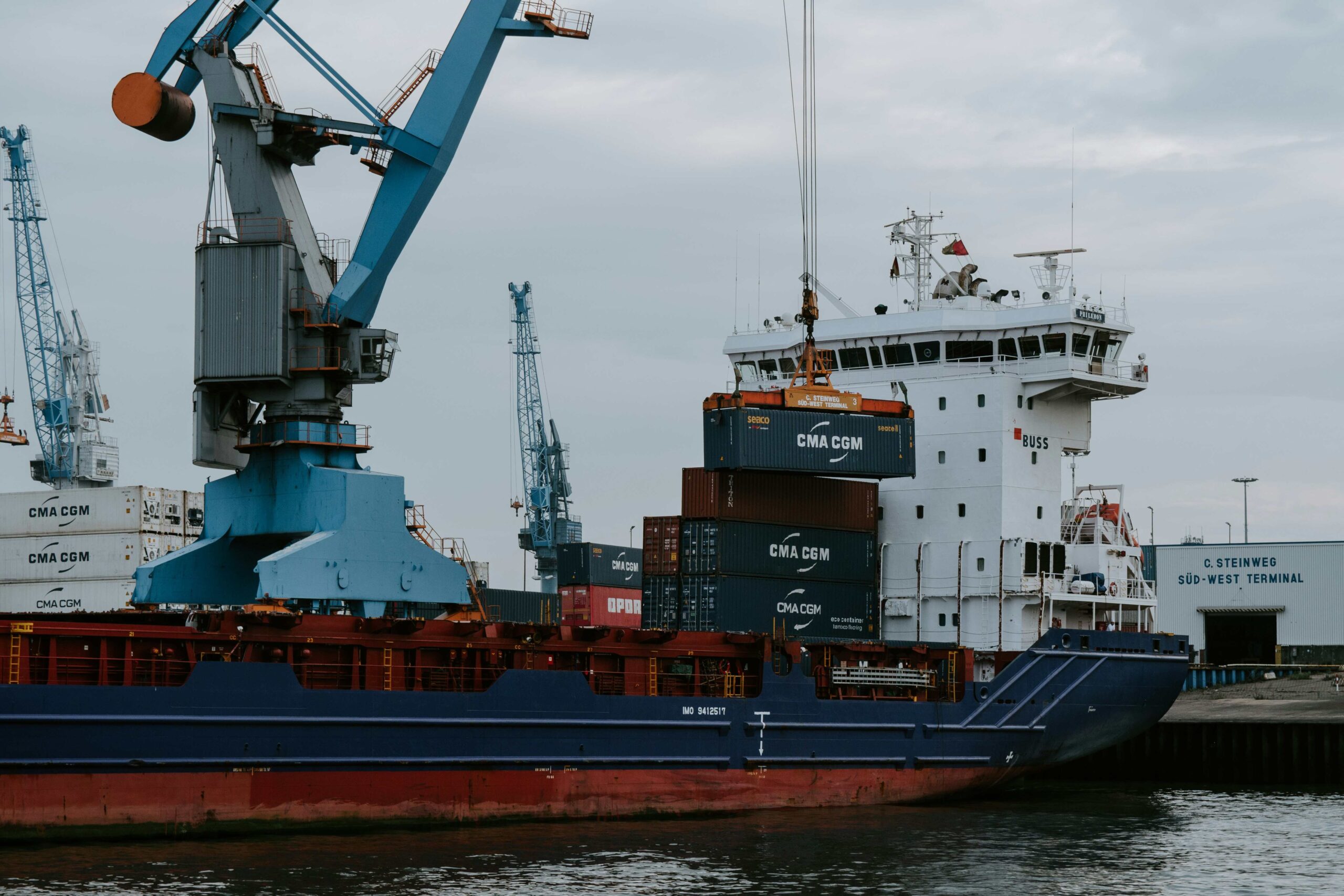Cybersecurity challenges in maritime operations
As maritime operations increasingly embrace digitalization and connectivity, cybersecurity has emerged as a pivotal concern. The integration of advanced technologies like IoT, satellite communications, and automation systems has ushered in new efficiencies but also exposed vulnerabilities that threaten operational safety and data integrity.
Future trends in autonomous shipping
The maritime industry is witnessing a revolutionary shift towards autonomous shipping, driven by technological innovation and a commitment to efficiency, safety, and sustainability. As advancements continue to unfold, several key trends are shaping the trajectory of autonomous vessels. 1. Cutting-Edge Technological Innovations: At
Future Outlook: The Next Decade of Bunker Fuel Innovations
As the maritime industry continues to evolve, innovations in bunker fuels are poised to play a crucial role in shaping the future of global shipping. Over the next decade, advancements in technology, regulatory frameworks, and sustainability initiatives will drive significant changes in the
Economic Models for Predicting Bunker Fuel Market Trends
The bunker fuel market, crucial for global maritime transport, is influenced by diverse economic factors, regulatory changes, technological advancements, and geopolitical developments. Predicting market trends requires sophisticated economic modeling that integrates these variables to forecast supply, demand, and pricing dynamics. This article explores
Impacts of Climate Change on Bunker Fuel Demand and Supply
Climate change is profoundly influencing the global energy landscape, including the demand for and supply of bunker fuels used in maritime transport. As environmental regulations tighten and sustainability goals intensify, the maritime industry faces significant challenges and opportunities in adapting to these changes.
Role of AI and Machine Learning in Bunker Fuel Optimization
Artificial Intelligence (AI) and Machine Learning (ML) are reshaping the maritime industry, particularly in optimizing bunker fuel management. These advanced technologies leverage data-driven insights, predictive capabilities, and operational efficiencies to enhance fuel usage, reduce costs, and promote environmental sustainability. This article explores how
Exploring Hydrogen Blends in Conventional Bunker Fuels
The maritime industry is increasingly exploring innovative solutions to reduce greenhouse gas emissions and enhance sustainability. One promising approach gaining traction is the integration of hydrogen blends into conventional bunker fuels. This article explores the potential of hydrogen blends, their benefits, challenges, and
Impact of Digital Twins on Bunker Fuel Efficiency Modeling
Digital twins have emerged as a transformative technology in the maritime industry, revolutionizing the monitoring, analysis, and optimization of bunker fuel systems. This innovative approach enables real-time simulation and data-driven insights, significantly shaping fuel efficiency modeling and operational strategies within maritime operations. This
Legal Frameworks for Environmental Liability in Bunker Fuel Spills
Bunker fuel, essential for powering maritime vessels, poses environmental risks when spilled. Understanding the legal frameworks governing environmental liability in such incidents is crucial for mitigating damages, ensuring accountability, and promoting environmental protection. International Maritime Conventions National Legislation Regional and Local Regulations Liability
Advances in Predictive Maintenance for Bunker Fuel Systems
Predictive maintenance has become indispensable in enhancing the reliability and efficiency of bunker fuel systems within the maritime sector. By harnessing data analytics, sensor technologies, and predictive algorithms, ship operators can proactively monitor equipment conditions, anticipate potential failures, and optimize maintenance schedules. This



